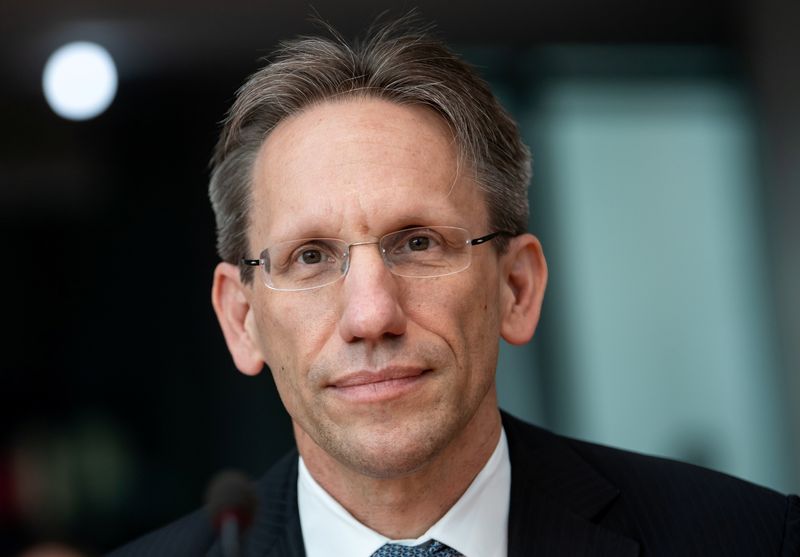Tariff Tensions: German Finance Chief Calls for Urgent Trade Relief

In a critical address at the Semafor World Economy Summit in Washington, German Finance Minister Joerg Kukies emphasized the pressing need to reduce economic uncertainty, particularly regarding ongoing trade negotiations with the United States.
"The prolonged absence of a clear agreement is allowing economic ambiguity to persist in both our economies," Kukies warned, highlighting the urgent need for resolution. His comments come at a particularly sensitive time for Germany, which has been grappling with significant economic challenges.
The country stands as the sole G7 nation that has failed to achieve economic growth over the past two years, a stark reality that could be further exacerbated by potential U.S. trade tariffs. These proposed tariffs threaten to push Germany into an unprecedented scenario - a potential third consecutive year of economic recession in its post-war history.
Kukies's statement underscores the critical importance of swift, decisive action in resolving trade tensions and providing clarity for businesses and economic stakeholders on both sides of the Atlantic. The ongoing uncertainty not only impacts immediate economic performance but also undermines long-term strategic planning and investment confidence.
